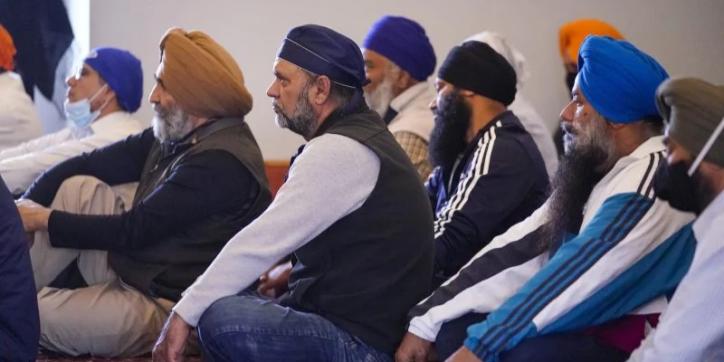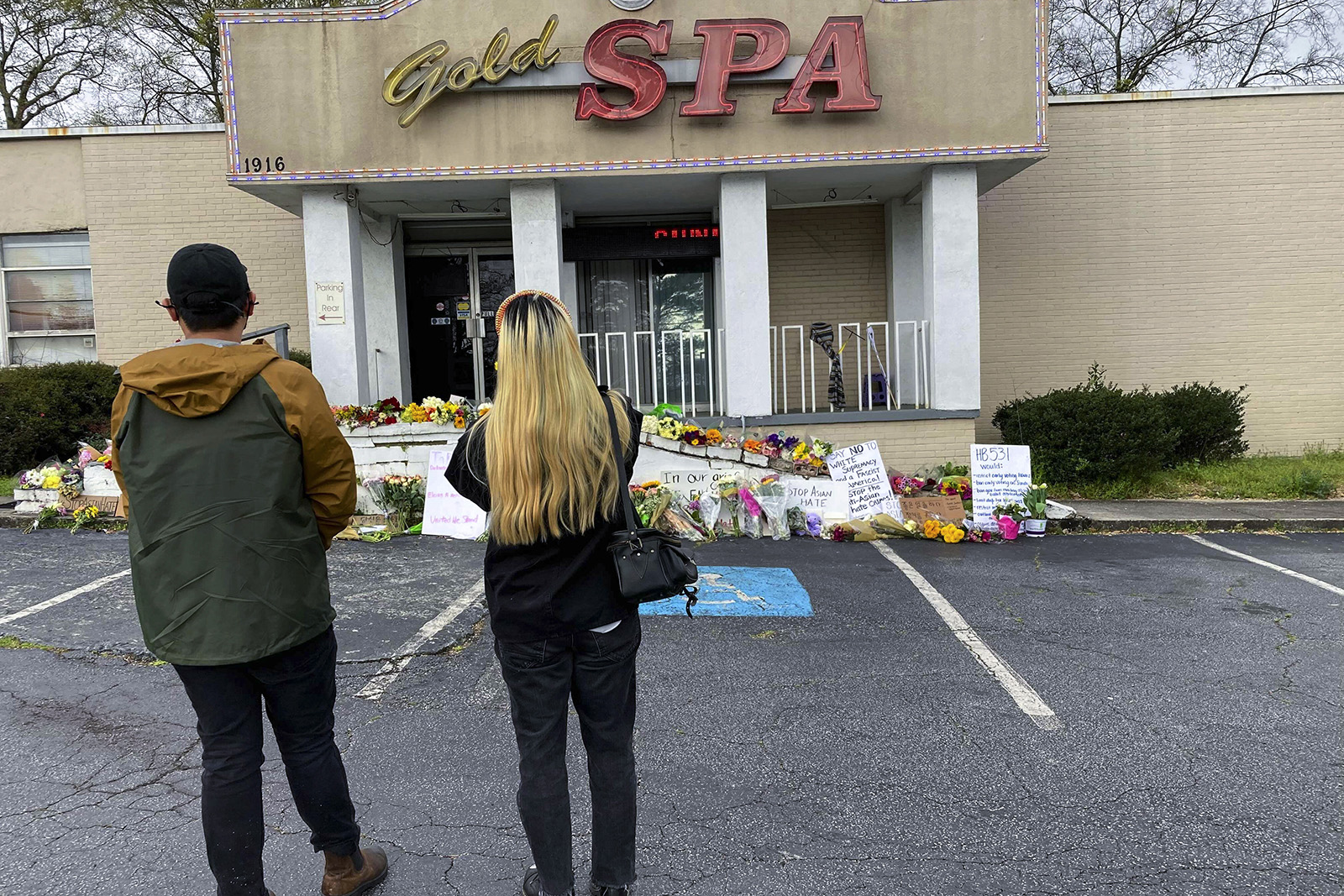Hate Crimes Should Not be Judged by Intent Alone, but by How They Affect All of Us
April 28, 2022

(RNS) — A recent rash of attacks on three men of the Sikh faith in Queens, New York, over a span of just 10 days came almost exactly a year after the tragic shooting at a FedEx facility in Indianapolis that killed eight people, half of them Sikhs.
That somber anniversary followed the commemoration of a similar incident in March 2021, when another man also murdered eight people in a series of shootings at three Atlanta-area spas. Six of those victims were women of Asian descent.
In Queens the two men arrested in connection with the assaults had been seen at a local gurdwara, or Sikh temple, in the previous days, and both have been charged with hate crimes. But while Sikh and Asian American and Pacific Islander communities intuitively understood that what happened in Atlanta and Indianapolis last year are hate crimes as well, this understanding is not always shared by others.
Similarly, after the Indianapolis attack, law enforcement should have immediately accounted for the fact that the FedEx facility, where the shooter had worked, employed a high number of Sikh workers. Moreover, the man had previously been investigated by law enforcement and frequented white supremacist websites. Despite these red flags, federal and local law enforcement dismissed bias toward the Sikh community as a motivating factor.
It is high time that we change how we recognize and respond to hate.
Attacks on multiple victims who share a particular identity should not be treated as a curious coincidence. Those who commit acts of mass violence are often driven by a combination of issues. Mental illness can overlap with racial bias, religious hate, misogyny, homophobia and transphobia. These intersecting problems make it difficult to point to a single motive. As long as we perpetuate the notion that the causes of hateful violence are simple, none of us will be safe, and our racial and religious communities will continue to suffer harm.
We can start to better address attacks like these by fostering a broader awareness of what these incidents convey to anyone who shares an identity with the victims. Communities that have historically experienced bigotry carry generational trauma — we all feel targeted when members of our own community are attacked. When law enforcement, or anyone else for that matter, waves off hate as a possible motivation, it deepens the wound.
The default position of law enforcement should be that any relevant bias is a possible motive. Stating this plainly is essential for signaling to underrepresented communities that our experiences are being taken seriously by those sworn to protect us.
The Asian American Foundation (TAAF) and the Sikh Coalition advocate for this kind of cultural competency as we engage with local, state and federal officials across the country. We are also calling for more funding to help implement legislation that codifies better approaches.

People view a makeshift memorial on Friday, March 19, 2021, in Atlanta, following shootings in the area. (AP Photo/Candice Choi)
Last year, Congress passed the COVID-19 Hate Crimes Act, a significant step in expediting reviews of anti-AAPI hate crimes at the Department of Justice. The law empowers communities to report incidents when they happen and directs federal agencies to work with community-based organizations to raise awareness of anti-AAPI pandemic-related hate crimes.
It’s a start, but the legislation needs more funding and resources to ensure its implementation as violent hate crimes continue to rise, particularly those targeting AAPI women.
Nothing can alleviate the pain and lasting trauma of seeing members of one’s race, faith or community attacked. But we can better respond to incidents when they occur and help deter future tragedies by acknowledging how biases overlap and that the impacts extend far beyond a crime scene.
(Norman Chen is the CEO of the Asian American Foundation. Nitasha Kaur Sawhney is a co-interim executive director of the Sikh Coalition. The views expressed in this commentary do not necessarily reflect those of Religion News Service.)
Share
Related Articles
American Civic Life
American Civic Life
We Commemorate, We Commit: Out of Catastrophe, a Conversation on Connection and Repair
Racial Equity
Immigrant Faith Communities On Rooting Out Anti-Black Racism



